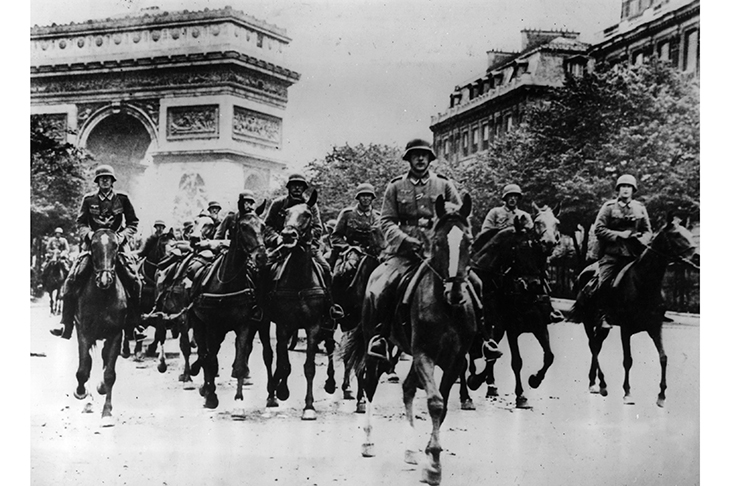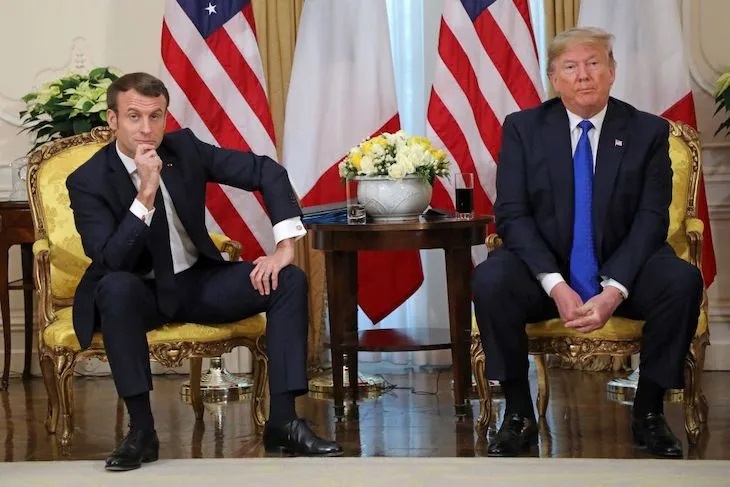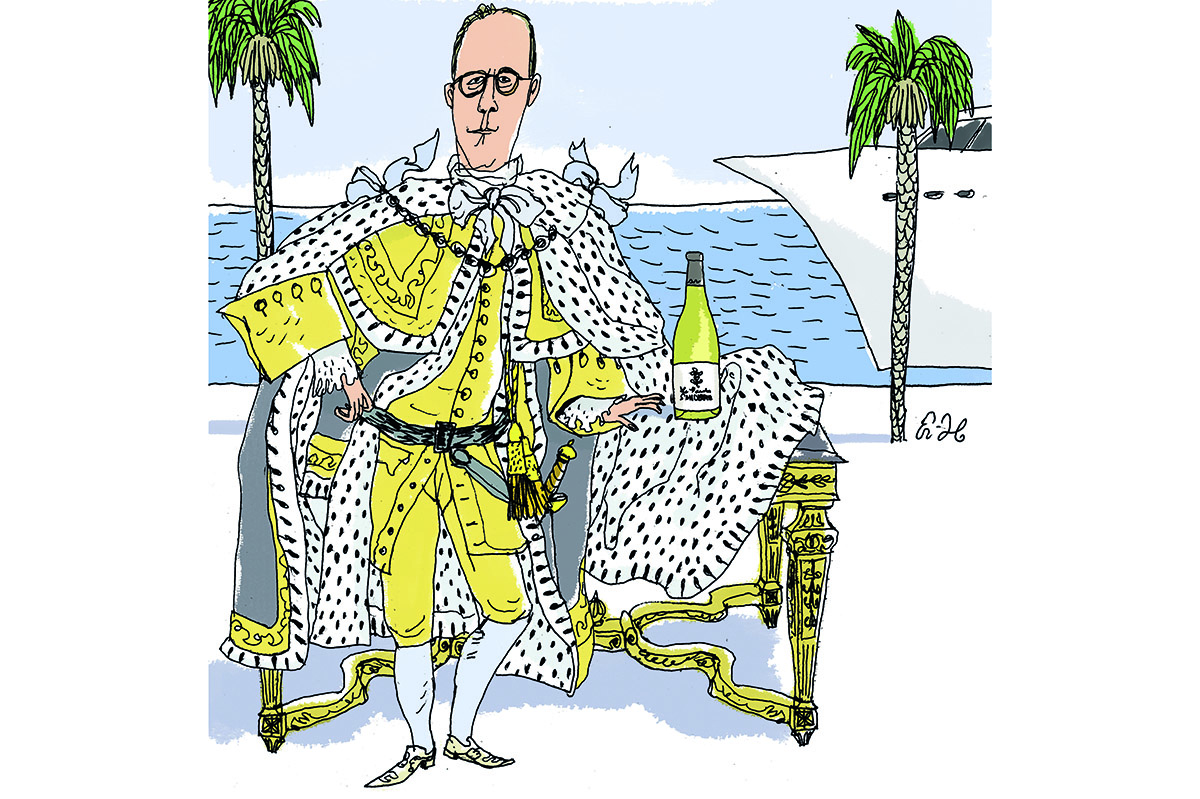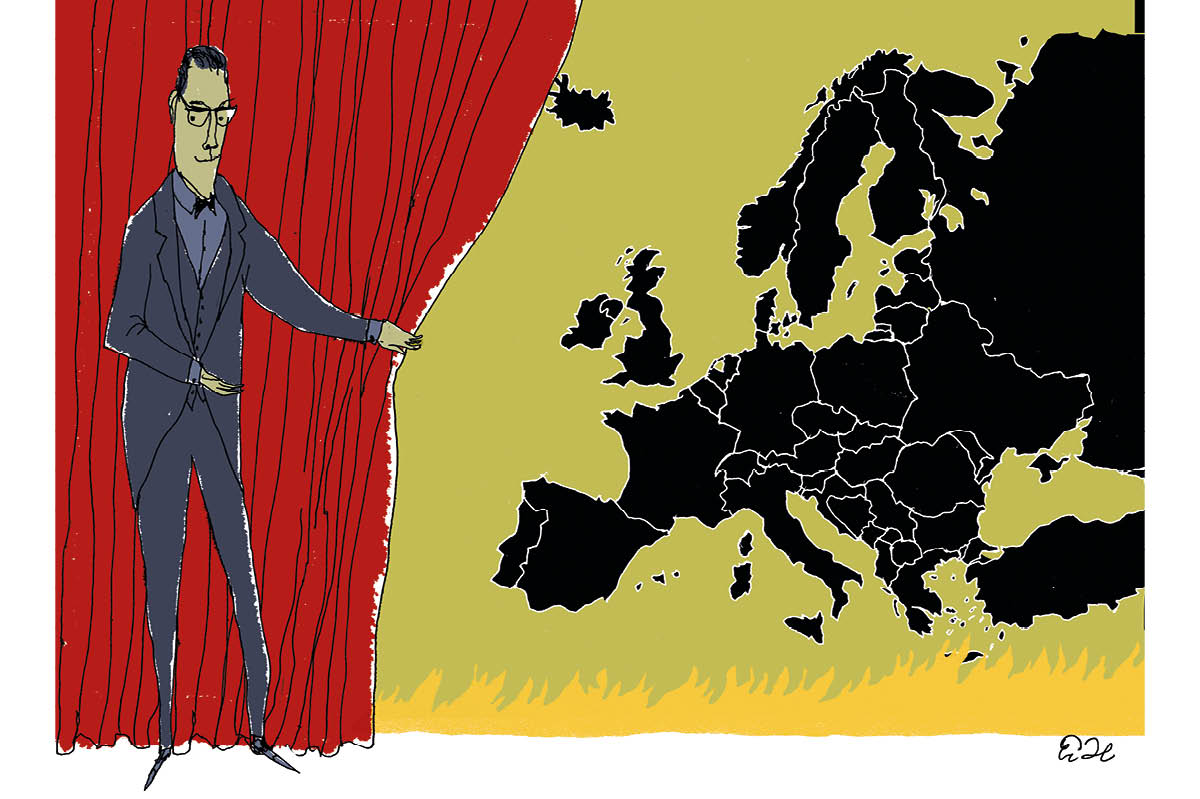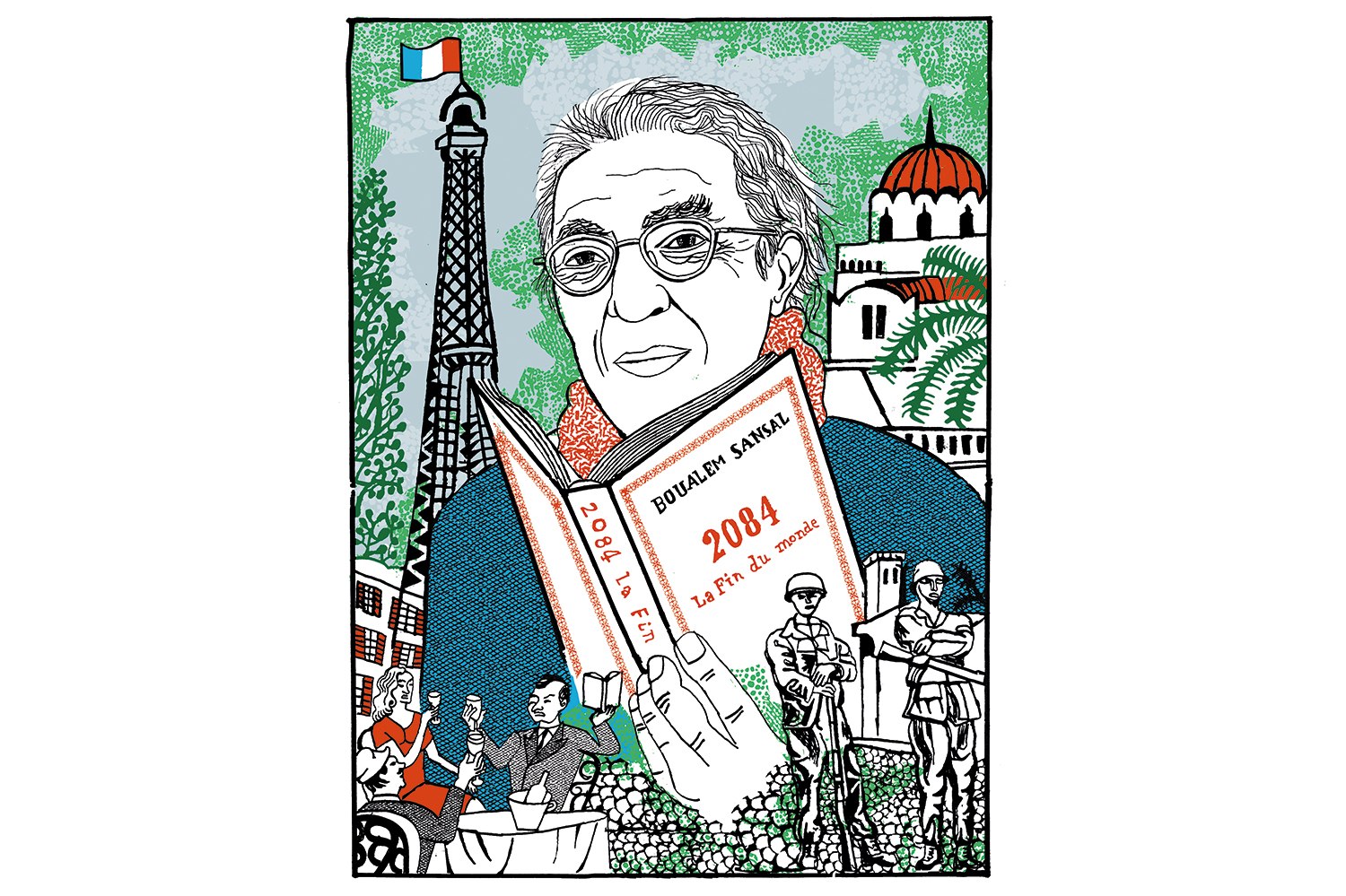Late in his life, I asked my uncle René about his exploits in wartime France. What I knew was that my family left Paris in 1940, around the time a great-uncle was shot dead in the street by a German army officer. They headed south to the Mediterranean, where my two uncles organized a network of safe homes for fugitives to lie low in until they could be smuggled out. When I asked for details, René clammed up. ‘Those were terrible times,’ he muttered, ‘not worth remembering.’
The Guardian writer Hadley Freeman was more successful in tracing her uncles’ activities in France, set off on her trail by a shoebox of letters found in a Florida closet. Her grandmother, Sala Glass, had been married off before the war to a smalltown American, a man named Bill who provided security without style, material comfort shorn of Parisian élan. Freeman hints that Sala never forgave her husband for that deprivation, or her family for excluding her from their existential excitements in France.
The Glasses had settled in Paris in the 1920s, drawn from eastern Europe by endemic anti-Semitism and a surge of collective ambition. Paris between the wars was a melting-pot, without immigration controls but with a bureaucratic block on naturalization for newcomers. The family occupied itself in business and fashion, older members clinging to religious practices, their children becoming culturally French. One young man even served in the Foreign Legion.
When the Germans marched in, each of Freeman’s great-uncles followed his natural instincts. One survived throughout the Occupation by moving home and changing his surname to Class. Another, more submissive, returned to a detention camp after being given a weekend’s leave and was sent to his death in Auschwitz.
The third great-uncle, Alex, a fashion designer, mingled with both collaborationists and resistants in the south of France until his luck ran out and he was put on a train to the east. Unlike his tame brother, Alex punched a hole in the roof, jumped off the train and was hidden with the help of a Vichy general who saluted his Foreign Legion service. Throughout his escapades, Alex somehow managed to organize a supply of kosher food for his mother, who spoke only Yiddish and Polish. There were many shades and strategies of survival in wartime France and Freeman unfolds her family’s story with sharp intakes of breath as personal outcomes defy both logic and official narratives.
Alex, who she believes was gay, is the hero of her story. He eventually returned to Paris as a fashion king and friend of artists, his apartment packed with works by Picasso, Matisse, Monet and Chagall. Taking the last name Maguy, he started a gallery with works by the Jewish painter Chaim Soutine (who died in Paris in 1943) and returned his state medals after President De Gaulle made disobliging remarks about Jews. Without him, Freeman would have struggled to tell so colorful a tale of family characters, co-existing (or not) in the human jungle that was France in the years 1940 to 1945.
Fascinated as I am by that place and those times, I am not sure what larger purpose is served by the present vogue for reliving the Occupation through the letters and memoirs of the lucky survivors. Freeman is right to point out that Alex’s life hung on the whim of a sentimental military man. My uncle René said that survival was a matter of luck. When I pressed him on his refusal to tell me more, he gave the most Gallic of shrugs: ‘There is nothing to be learned from it.’
This article was originally published in The Spectator’s UK magazine. Subscribe to the US edition here.



